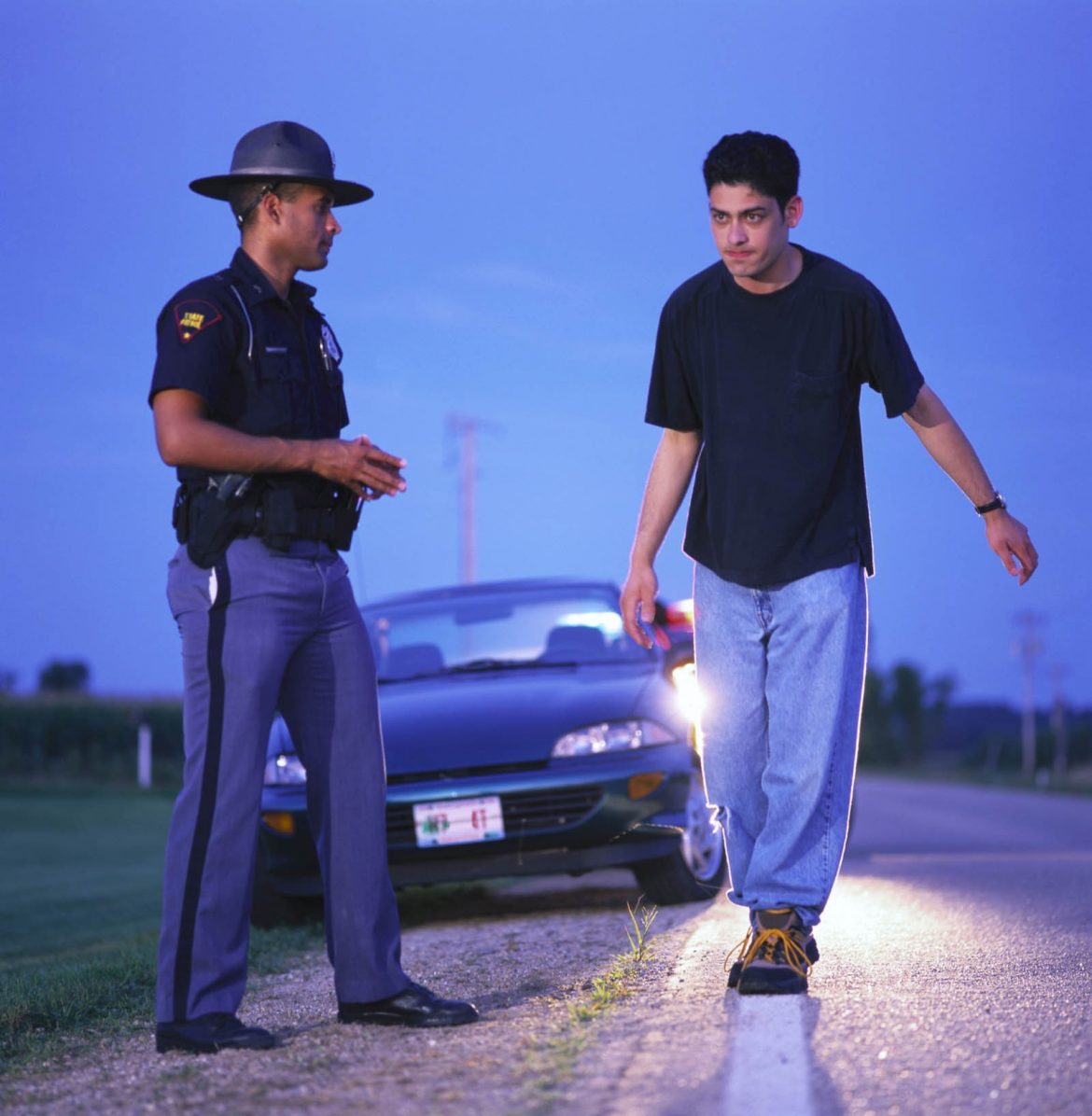By F. TYLER ELROD – Editor-in-Chief, 2009-10
Originally published at Flagpole Sept. 28, 2011
“It only takes once, and it happens in a nanosecond,” says Athens Senior Police Officer Geoff Walsh. “I’m talking about in a millisecond you’re alive, and the next you’re dead from something that you can’t foresee.”
Walsh has seen it kill time and again. He’s seen it tear the hearts out of wives, husbands, children and parents, and it never gets any easier.
Of course, with over 95 restaurants and bars serving alcohol in the downtown Athens area alone—and many more countywide—it’s no surprise that the temptation to drink and drive is a powerful one; one that has claimed many people’s lives and put many more behind bars.
The fact remains, however, that drinking and driving is legal (provided the drinker is over the age of 21) until a person’s blood alcohol concentration is above .08 percent. This raises the question: What is an appropriate and responsible way to handle having a few drinks and driving?
“There’s a time factor to take into account; don’t go slamming drinks,” Walsh says. “My advice to anyone that’s going out for any occasion is to be very cautious, drink over a long span of time and drink very little.”
There are other factors to take into consideration as well, as weight, gender and the type of drink all play their part in raising (or lowering) a person’s blood alcohol content. These factors make determining at what point someone should stop drinking a muddled and complicated business.
“My take on doing this for 30-something-years is that people don’t believe they’re over the limit,” says local attorney John McArthur. “They think they’re OK to drive. I mean face it, alcohol removes inhibitions.”
McArthur, who specializes in DUI cases, adds that one should have no more than two beers over a two-hour-or-so period; otherwise you may find yourself in the back seat of a police cruiser.
“The typical scenario is this: an officer will stop someone, usually because they say they have observed some unsafe driving of some kind or an equipment violation,” McArthur explains. “Then, the police officer will say they detected an odor of alcohol, and they will inquire if the driver has been consuming alcohol.”
The officer will then conduct a field sobriety test on the driver. Assuming the driver agrees and passes the test, he or she is in most cases allowed to go. If he fails, he’s going to jail. A refusal to even take the tests leads to an entirely different consequence.
“The law is this,” says McArthur: “that if a police officer arrests you and has reason to believe you may be under the influence of alcohol, he can have you submit to a state-administered test that’s either blood, breath or urine. The police officer has to read you the implied consent rights. They say that Georgia law is allowed to administer these tests, and if you don’t agree to take this test, then your driver’s license will be suspended.”
McArthur believes that one way to avoid this issue altogether would be by coming up with an accessible, cheap way for people to get home, as he feels that Athens’ taxi system just doesn’t cut it.
“They’re not going to stop people from going downtown and drinking and wanting to get home, and the taxi system in this city is awful,” McArthur says. “I’m not sure what they could do to make them better, but it’s not a good system. In this era of budget cuts and reduced money, I don’t think the government or the university would be up for providing vans to pick people up.”
In contrast with McArthur’s view of taxis as overcrowded and inconvenient, Walsh sees them as helpful.
“When we do roadblocks, it is amazing to watch the number [of] cabs that are slap full of people come through those road checks,” Walsh says. “From my perspective, I think it’s nothing but good if you can get people on board.”
For one 20-year-old Athens resident, all it took to hop on board with the taxi system was being arrested for DUI last July. Since his arrest, his rules for getting home have changed drastically.
“I’d just call a taxi. It’s not worth getting in the car after a couple drinks, [whether] you’re over 21 or not. When you’re sitting in the cell, you have plenty of time to bash yourself for even thinking of getting in the driver’s seat,” the student says. “It doesn’t matter if you have gotten away with it before; it’s not worth the risk.”
While both McArthur and Walsh both agree with that judgment, they do allow that, for a responsible drinker, it is OK to drink some alcohol and drive, provided one follows a few basic rules.
“Know before you start drinking how many drinks you’re going to have, that it is a safe number, and stick to it,” McArthur advises.
Walsh also believes commitment is the key to drinking and driving under the limit.
“If you’re committed to drive, be ultra-cautious,” he says. “Leave the drinks to the absolute bare minimum. I’m talking about one, two. It totally depends on the person; some people shouldn’t drive after having any.”
And as for when enough is enough?
“You just have to be honest with yourself.”
Comment on the article on Flagpole.
